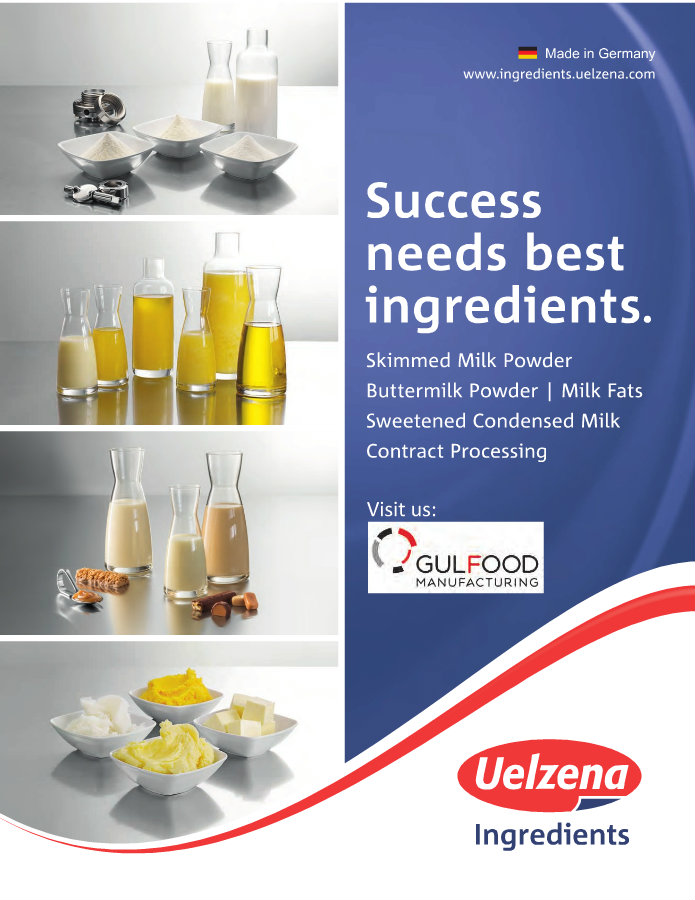
Food Tank, in partnership with American University, is hosting the 2nd Annual Food Tank Summit in Washington, D.C. on April 20–21, 2016.
This two-day event will feature more than 75 different speakers from the food and agriculture field. Researchers, farmers, chefs, policymakers, government officials, and students will come together for panels on topics including food waste, urban agriculture, family farmers, farm workers, and more.
Food Tank recently had the opportunity to speak with Allison Aubrey, Food & Health Correspondent for NPR News. Allison Aubrey will be speaking at the summit.
Food Tank (FT): What innovations in agriculture and the food system are you most excited about?
Allison Aubrey (AA): I’m excited to see initiatives that aim to make fruits and vegetables at farmers markets more affordable and accessible to low-income Americans who are at higher risk of lifestyle-related diseases such as type-2 diabetes.
FT: What’s the biggest problem within the food system our parents and grandparents didn't have to deal with?
AA: We tend to think of our 24/7 society as an opportunity to pack more into our lives, but I think our grandparents were lucky to escape this. Our 24/7 society has ushered in a culture that can wreak havoc on our circadian rhythms and promote obesity. So, next time you think about ordering pizza at two in the morning, or staying out until the bar closes, consider that. And when we don’t get enough sleep, we get the sleep munchies!
FT: What is one small change every person can make in their daily lives to make a big difference?
AA: Swap a teaspoon of refined sugar for a piece of fruit. Eighty-seven percent of Americans don’t meet the daily recommended target for vegetable consumption, and 76 percent of Americans fail to meet the daily fruit intake recommendation. And interestingly, there are regional differences. For instance, 18 percent of Californians meet the targets, compared to 7.5 percent of people who live in Tennessee.
FT: What’s one issue within the food system you’d like to see completely solved for the next generation?
AA: There are lots of efforts underway to reverse the decline in pollinators, which are critical to our food supply.
FT: What drives you every day to fight for the bettering of our food system?
AA: Part of my job is to give a voice to people in the food system, many of whom we don’t usually hear from. For instance, the story of a Guatemalan coffee farmer I met in who saved her farm—and helped her workers—by changing the way she sells her beans or the story of fast food workers who have rallied for higher pay.
FT: What’s one issue within the food system you’d like to see completely solved for the next generation?
AA: Too many Americans eat too many calories but don’t get enough micronutrients. Changing peoples’ habits isn’t easy, but there are lots of ways to encourage healthier choices, such as workplace wellness initiatives, nutrition education for young children (such as this program by Share Our Strength), cash incentives for healthier purchases, diabetes prevention programs, and restructuring SNAP (formerly known as food stamp) with incentives for buying fruits and vegetables. I’m not endorsing any specific program, but these are examples of the types of efforts that show promise in nudging Americans’ to healthier lifestyles.
To find out more about the event, see the full list of speakers, and purchase tickets, please click HERE. Interested participants who cannot join can also sign up for the livestream HERE.
To join us at Food Tank's São Paulo, Brazil Summit in September 2016, please click HERE. To join us at Food Tank's Sacramento, CA Summit on September 22–23, 2016, please click HERE. To join us at Food Tank's Chicago, IL Summit on November 16–17, 2016, please click HERE.
Want to become a sponsor of the Food Tank Summit? Please click HERE.
Want to suggest a speaker for one of the Summits? Please click HERE.
Want to watch videos from last year's Food Tank Summit? Please click HERE.
Sponsors for this year's Food Tank Summit in Washington, D.C. include: Barilla Center for Food and Nutrition, Chaia DC, Chipotle, Clif Bar, D.C. Government, Driscoll's, Edible DC, Elevation Burger, Fair Trade USA, Food and Environment Reporting Network, Global Environmental Politics Program of the School of International Service, Greener Media, Inter Press Service, Leafware, Niman Ranch, Organic Valley, Panera Bread, and VegFund.




